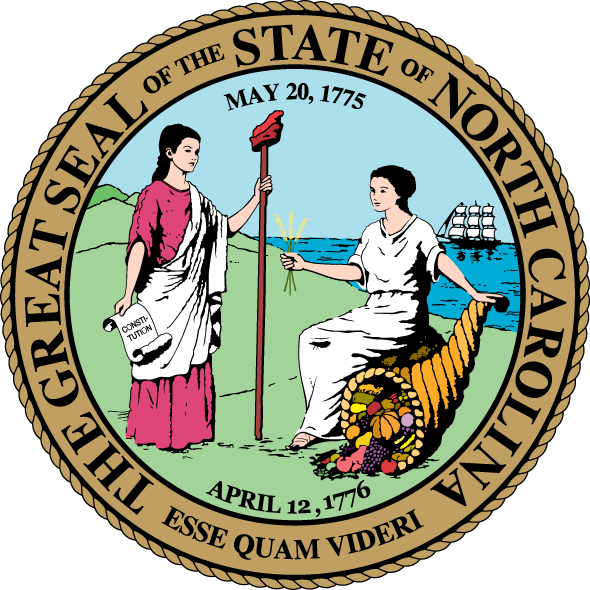On Monday, the North Carolina Senate overrode Republican Gov. Pat McCrory’s veto of a startling bill that would allow magistrates to refuse to marry any couple—so long as they have a “sincerely held religious objection.”* The bill will now go to the state house, where conservative legislators have probably rounded up the votes to push beyond McCrory’s veto. Should these legislators succeed, they will have passed one of the most far-reaching and dangerous pieces of discriminatory legislation in recent memory.
At first glance, the North Carolina bill might seem pretty similar to the anti-gay “religious liberty” measure recently passed in Indiana. It uses the same language about protecting individuals’ religious objections, and it arose out of the same concern that spurred the Indiana law: the arrival of same-sex marriage in the state through judicial fiat.
But that’s where the similarities end. North Carolina’s bill is actually far more radical than Indiana’s, a dramatic expansion of civil servants’ right to inflict discrimination on others with the full endorsement of the government. The Indiana law allowed “compelling governmental interests” to trump religious exercise—but the North Carolina bill has no such upper limit. In effect, the bill declares that protecting civil servants’ right to discriminate on the job is more important than anything else. All a magistrate need do under the bill is declare that she holds a religious objection to issuing a marriage license to a certain couple, and she can legally turn them away.
It gets worse. In an obvious effort to avoid seeing the law struck down as unconstitutional anti-gay discrimination, the North Carolina legislature couched their bill in the broadest terms possible. A magistrate isn’t just empowered to turn away same-sex couples—he can turn away any couple, so long as he can articulate a religious objection to their marriage. That gives racist magistrates an excellent opportunity to refuse to marry interracial couples. The Virginia trial judge who forced Mildred and Richard Loving to leave their state or go to jail, after all, grounded his ruling in religious beliefs, writing:
Almighty God created the races white, black, yellow, malay and red, and he placed them on separate continents. And, but for the interference with his arrangement, there would be no cause for such marriage. The fact that he separated the races shows that he did not intend for the races to mix.
Conservatives in the North Carolina legislature are pitching the debate over their new bill as a conflict between gay rights and religious freedom. That’s not quite right. This debate is about whether magistrates—who take an oath to “faithfully and impartially discharge all the duties” of their office and to “administer justice without favoritism”—can place their own personal prejudices above the law. (When McCrory vetoed the bill, he did so because he refused to give civil servants the freedom to violate this oath.) The First Amendment undoubtedly protects these individuals’ right to hold and express bigoted views. But until now, civil servants were expected to place the duties and responsibilities of their (taxpayer-funded) job ahead of their own intolerance.
Now, however, the calculus has changed. The legislature doesn’t seem to care that its bill could inflict serious dignitary harms on thousands of couples across the state—or that magistrates who fiercely oppose certain marriages probably shouldn’t have a government job that requires them to perform civil marriages.* If these prejudiced magistrates were truly principled, they would resign from the jobs that they can no longer perform in accordance with the law. Instead, they petitioned the legislature to grant them special rights that elevate them above the law. That’s not religious liberty. It’s just lawlessness.
* Correction, June 4, 2015: This post originally stated that in North Carolina magistrates grant marriage licenses. They do not. Magistrates perform civil marriage ceremonies; registers of deeds issue marriage licenses. Both magistrates and registers of deeds may claim the exemption under the law.
